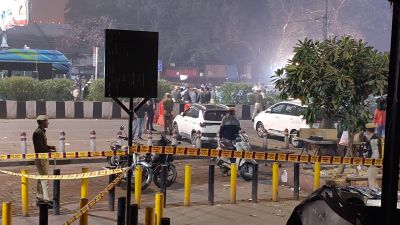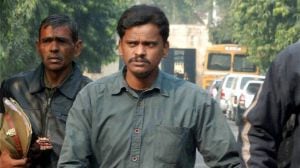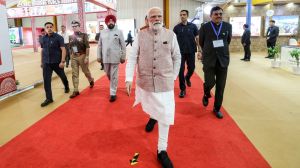RBI to decide interest rates at right time
NEW DELHI, MARCH 11: Reserve Bank of India (RBI) Governor Bimal Jalan on Saturday said that the central bank would take a decision on the ...

NEW DELHI, MARCH 11: Reserve Bank of India (RBI) Governor Bimal Jalan on Saturday said that the central bank would take a decision on the level of interest rates at an opportune time.
The bond market has been volatile recently on speculation that the central bank would cut interest rates. The speculation started after the federal government cut interest rates by 100 basis points on the public provident fund and small savings schemes with the post office, both of which are voluntary savings schemes.
In the federal budget for 2000/2001, presented to Parliament on February 29, Sinha cut the rate on the general provident fund, a compulsory savings scheme for government employees, by 100 basis points.
Sinha told reporters that the economic outlook was good. "I would like to say the board and the Governor agree that the outlook for the economy is very good," Sinha said. "We can look forward to a strong growth rate in the next fiscal. We are confident that given the performance of the economy in the current year, it should not be beyond our means to achieve a 7-8 per cent growth rate," he said.
India’s gross domestic product (GDP) is estimated to grow by 5.9 per cent in 1999/2000 (April-March). But there were also areas of concern, the Minister warned.
"There are two challenges facing us, the first is the fiscal situation. We will continue to take steps to rein in Government expenditure, increase the tax base so that we can control the fiscal deficit," Sinha said.
India’s fiscal deficit is estimated at 5.6 per cent of GDP in 1999/2000 and at 5.1 per cent in 2000/2001. "The other area of concern is the prices of petroleum and crude and products which have gone up substantially almost to the level of 1990-91 in the recent months," Sinha said.
He said fortunately the steep rise in oil prices has not put any pressure on the balance of payments since the country’s foreign exchange reserves were growing. "However, for the domestic economy it is a matter of concern." "We hope the petroleum producing countries will take into account the global impact of this unsustainable price rise and they will initiate some steps which will lessen the burden, if not on all, at least on developing countries.
Meanwhile, the RBI said on Saturday that the abolition of interest tax and other proposals announced in the 2000/2001 (April-March) budget should enable the overall liquidity situation to remain comfortable and the cost of credit reasonable. "The abolition of tax on interest rates should also provide the necessary environment for keeping the overall liquidity situation comfortable and the cost of credit reasonable," a RBI statement quoted central bank Governor Bimal Jalan as saying.
The statement was released after a three-hour customary post-budget meeting of the RBI’s board of directors and the Finance Minister in New Delhi.



- 01
- 02
- 03
- 04
- 05




























